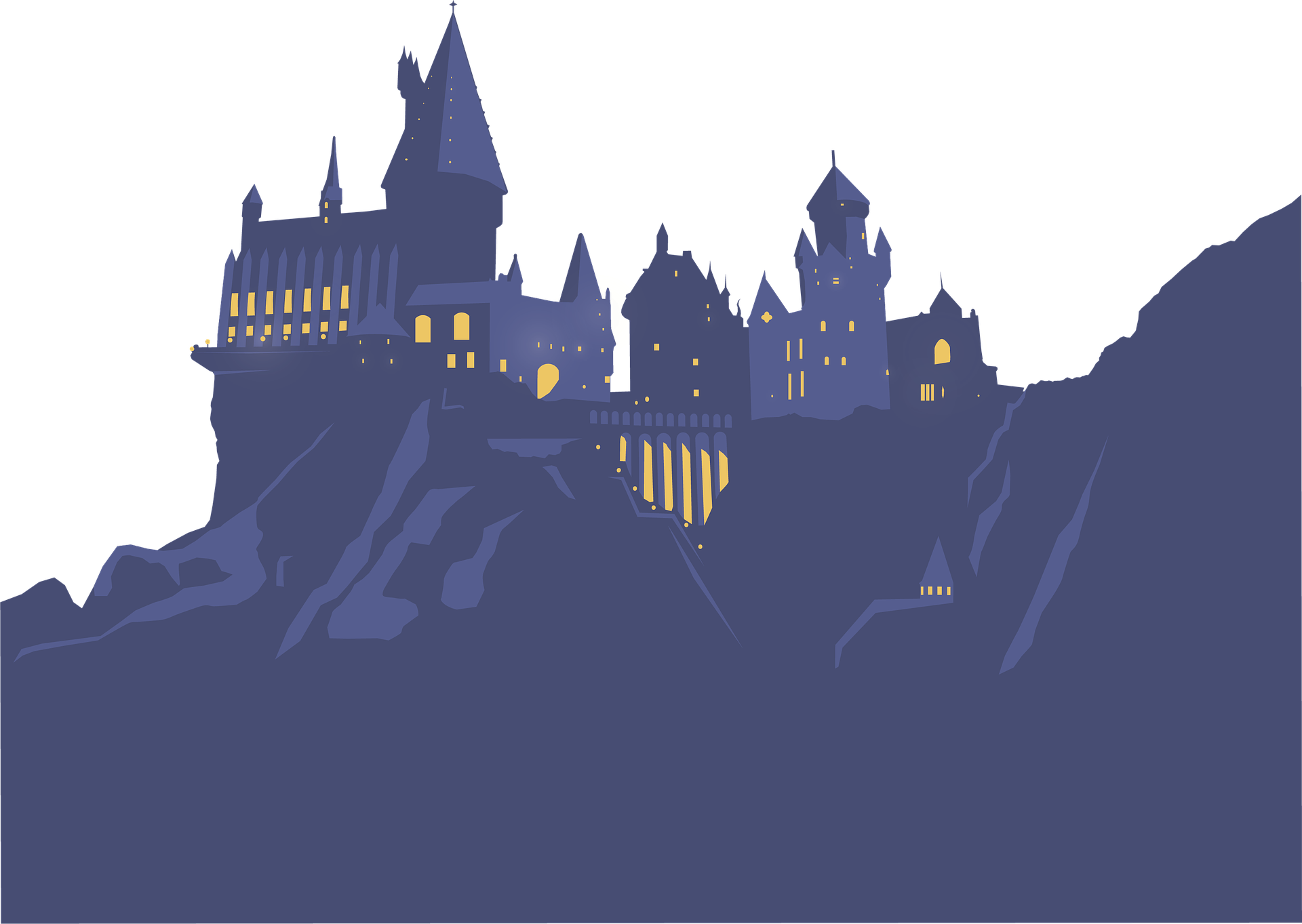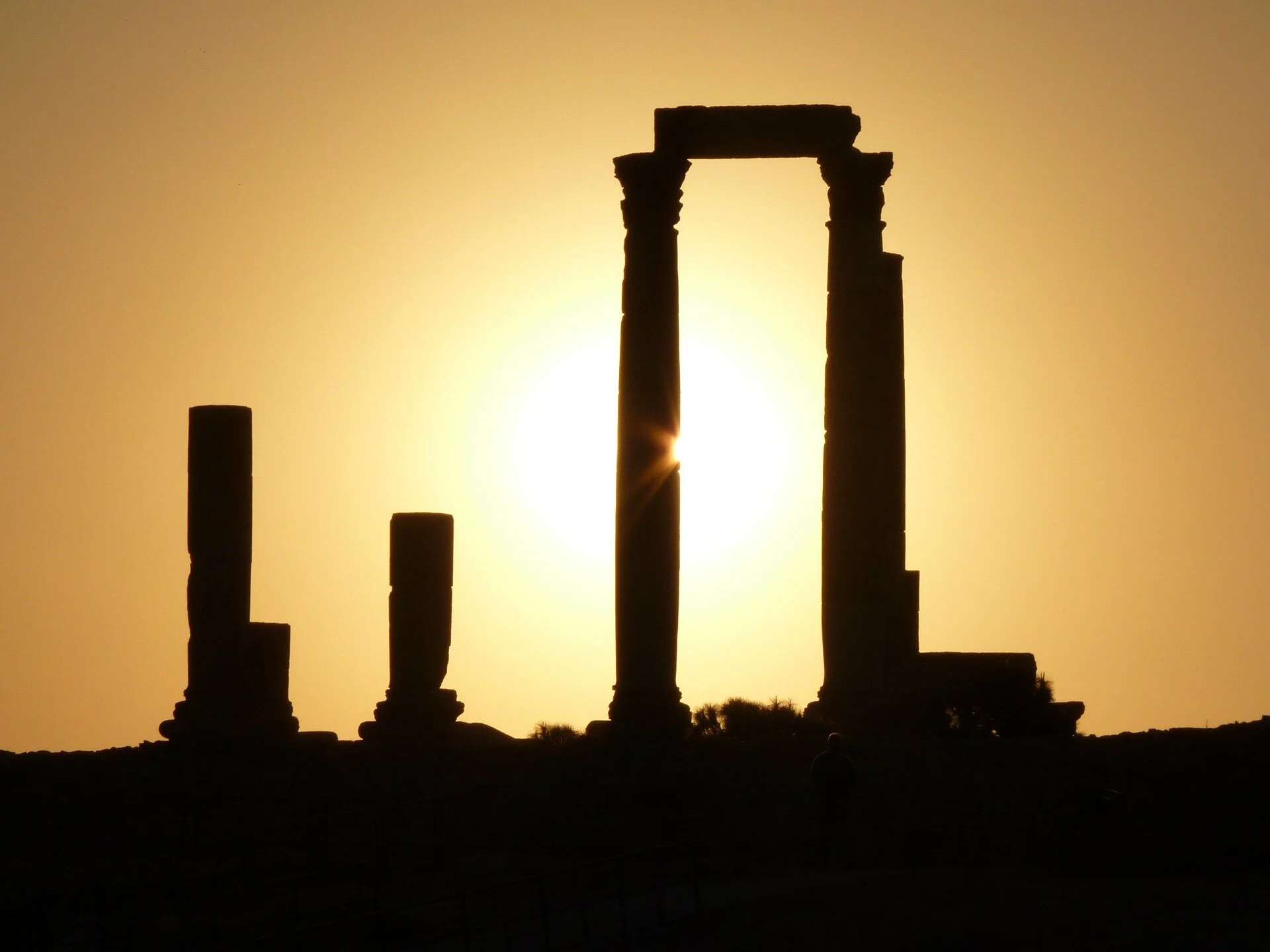Pop Culture Franchises and Modern-Day Mythology
We are fortunate to know as much as we do about Ancient Greek, Roman, Egyptian, and Norse mythology, thanks to the continued existence of primary sources such as The Iliad and The Odyssey by Homer, The Aeneid by Virgil, Metamorphoses by Ovid, various Egyptian funerary texts, and the Edda for Norse mythology.
We contemporary Westerners have several forms of modern-day mythology, from apocryphal accounts of the American founding fathers (think George Washington and his cherry tree) to fictional stories of all sorts in books, television, and film.
In his book Walking, Henry David Thoreau seems to imply that American historical mythology will become the dominant future mythology, as perhaps it arguably did in the early 20th century when Americans began to look back reverently, and perhaps with rose-colored glasses, at the major historical figures of American history—the George Washingtons, Thomas Jeffersons, Benjamin Franklins, and Abraham Lincolns, not to mention the Davy Crocketts, the Lewises and Clarks, and even more diverse figures such as the Susan B. Anthonys and Sacagaweas of American history:
The West is preparing to add its fables to those of the East. The valleys of the Ganges, the Nile, and the Rhine, having yielded their crop, it remains to be seen what the valleys of the Amazon, the Plate, the Orinoco, the St. Lawrence, and the Mississippi will produce. Perchance, when, in the course of ages, American liberty has become a fiction of the past,—as it is to some extent a fiction of the present,—the poets of the world will be inspired by American mythology. (Thoreau, Walking)
While ultimately Thoreau is commenting on the somewhat illusory nature of the American notion of freedom and liberty, he rightly perceives that there is a mythological quality to the story of America that is both epic and poetic in scope.
An interesting development occurred in the the latter half of the 20th century, however, with the rise of pop culture franchises, which have continue to grow and flourish well into the 21st century. These pop culture franchises, originating (plausibly) with comic books and expanding into novels, television, and film, are arguably better candidates for modern-day mythology than the quasi-historical American mythology about which Thoreau was so optimistic.
Whereas the ancient Greeks and Romans had their Homers and Virgils, we contemporaries have Jerry Siegel and Joe Shuster (the creators of Superman), Stan Lee (the recently deceased patriarch of the Marvel universe), J.R.R. Tolkien (the author of The Hobbit and The Lord of the Rings trilogy, Gene Roddenberry (the creator of Star Trek), George Lucas (the creator of Star Wars), J. K. Rowling (author of the Harry Potter series), Suzanne Collins (author of The Hunger Games novels), and countless other creators of pop culture franchises too numerous to mention.
It remains to be seen which of these pop culture franchises, those mentioned here and others, will still be known in a hundred years, a thousand years, or ten thousand years—that is, which of them will make the transition from mere fiction to mythology in the same way that Homer’s Odyssey is not merely fiction or merely a novel (or the ancient equivalent of an audiobook, given the oral tradition from which it sprang). Not every story told in the ancient world survives today intact; some, like Homer’s Margites, survive only in fragments and secondhand accounts.
Although arguably today’s digital technology and continued presence of physical books, despite previous worries to the contrary, make it plausible that pop culture franchises of every sort will survive into the far future with no danger of being lost like works in the ancient world were in danger of being lost, presumably not all pop culture franchises will remain relevant or remain active in the popular memory in the coming decades, centuries, or millennia. When was the last time, for example, that you heard anyone talking about Leave It to Beaver or Dennis the Menace, those former icons of popular culture now firmly residing in the past with little contemporary fanfare or acknowledgement, almost completely unknown to younger generations?
In a thousand years will future humans still read about (or watch!) the adventures of Superman, Batman, and Wonder Woman? Of Spider-Man, the Fantastic Four, and the X-Men? Of Captain Kirk, Mr. Spock, and Dr. McCoy aboard the U.S.S. Enterprise? Of Luke Skywalker, Princess Leia, and Han Solo along with Chewbacca, C-3PO and R2-D2 aboard the Millennium Falcon? Of Harry Potter, Hermione Granger, and Ron Weasley and their days at Hogwarts? Of Katniss Everdeen and the rebellion against the capital of Panem? Or will these tales, too, go the way of Leave It to Beaver and be supplanted and surpassed by the epic stories and pop culture franchises yet to come?
It’s an interesting question whether ancient mythology was seen as fact or fiction—as reality or allegory. Educated people throughout history have arguably always known that mythology was mere fiction, despite philosophical or exoteric nods to the contrary, a fact pointed out by Arthur M. Melzer in his book Philosophy Between the Lines: The Lost History of Esoteric Writing, just as the ancient Greeks also knew that the world was round despite our modern (revisionist and self-aggrandizing) myth that ancient people universally believed the world to be flat.
Did ancient people, from the common man or woman on the street to the most educated of citizens, believe that the stories of Homer were history or fable? And will humans a thousand years hence wonder whether we, too, believed that Captain Kirk and Dr. McCoy were real people instead of mere fictional characters? Will they give us more credit than that, or will they see us then-ancient humans of the 21st century as we now see the ancient Greeks and Romans, as primitives too ignorant and unenlightened to separate fact from fancy?
It seems clear to me that pop culture franchises, for better or worse depending on your view of such things, have become the main vehicle for the expression and transmission of cultural values, in the same way that religiosity was for most of the last two thousand years and in the same way that ancient mythology was for our Greek and Roman ancestors. Future mythologists and scholars of all sorts will still be talking and writing about the meaning and significance of today’s pop culture franchises for centuries and millennia to come. And they too may look to our most cherished fictional icons, from Frodo Baggins to Katniss Everdeen, for inspiration and meaning in the same way that we continue to look to Odysseus, Aeneas, and Dante as allegories whose meaning and relevance for human life and human nature are not yet exhausted for us today, even after hundreds or thousands of years of analysis and cultural memory. Or perhaps those who still think about Princess Leia or Harry Potter thousands of years from now will be seen as anachronistic, in the same way that those who think about ancient mythology today are sometimes seen as out of touch or as mere throwbacks to a lost era.
It’s a beautiful thought to think of Stan Lee, Gene Roddenberry, George Lucas, J.R.R. Tolkien, J. K. Rowling, or Suzanne Collins being as revered in literary circles as Homer and Virgil are for classicists today. And whether those future classicists view today’s creators of pop culture franchises as worthwhile in their own right or hopelessly derivative of the classic works of old is yet to be determined, for undoubtably pop culture franchises can be seen merely as modern retellings of classical mythology. But then, Roman mythology, as recounted by Virgil and Ovid, was just as derivative of its Greek antecedents and is seen as valuable in its own right nonetheless. The derivative nature of popular culture from classics of old makes it either brilliant for its universality or utterly unoriginal—an issue to be debated by future classicists, literary and media scholars, and academics of all sorts for ages to come.
For those of us alive today, however, we all continue to find our most-relevant metaphors, allegories, and fables in the contemporary comic books, short stories, and serialized novels we read, and in the films and television shows we watch again and again, immersing ourselves in fictional universes every bit as wondrous and epic in scope as anything Odysseus ever encountered en route home from Troy. We will tell our stories to our children as the ancients told their stories to theirs, and we will continue to debate their meaning as thoroughly as the Greeks and the Romans debated Mount Olympus with its pantheon.
There may be nothing new under the sun, but the sun continues to rise, day in and day out, year after year, as does the novelty and dawn of human culture with its boundless creativity and longing for meaning. Homer may have sung of Odysseus, “the man of twists and turns.” Let us, therefore, sing of captains and first officers, of starships and superheroes, of wizards and warlocks, of orcs and elves, of lightsabers and droids, of Klingons and Romulans, of the Jedi and the Sith, of hobbits and Hogwarts, of rebels and the Empire, for thousands of years to come. And may future humans marvel at the boundless creativity of our own culture as we now marvel at the ancients with their Homers, their Ovids, and their Virgils. This is, after all, our day in the sun, and we have our stories to tell to one another and to those who come after us. And the Muses sing to us just as clearly as they ever did to those who came before.







